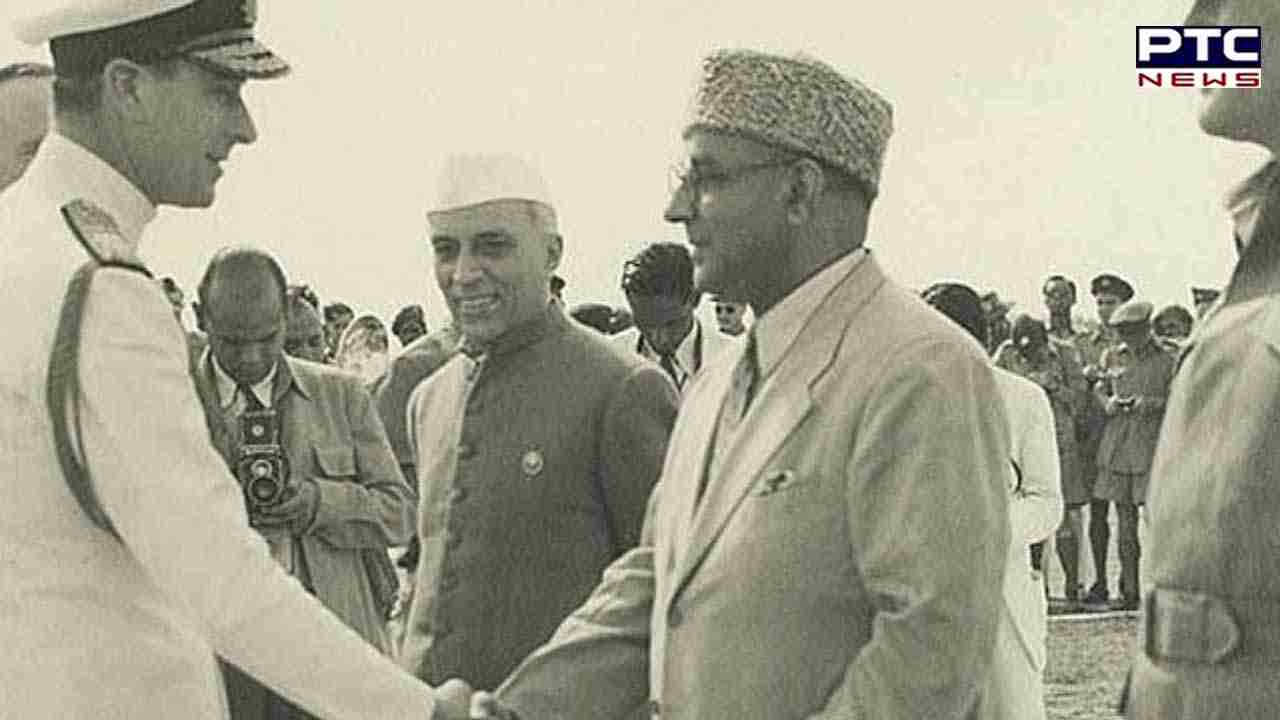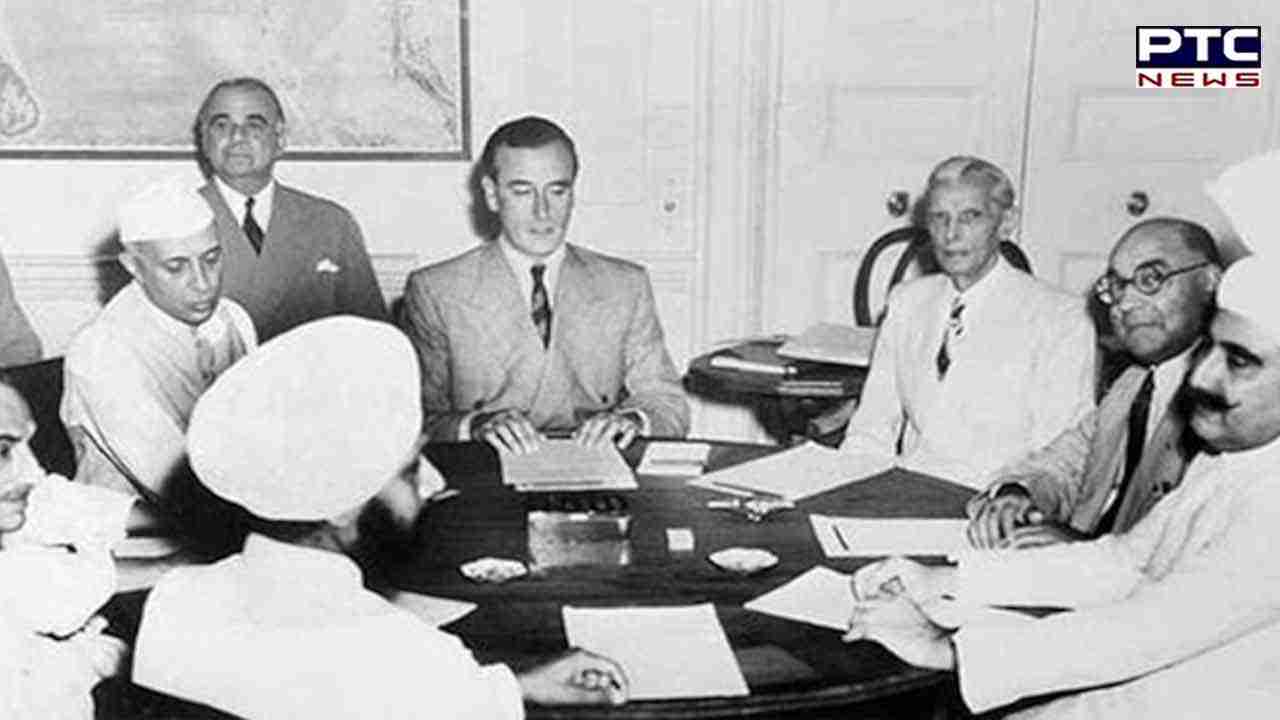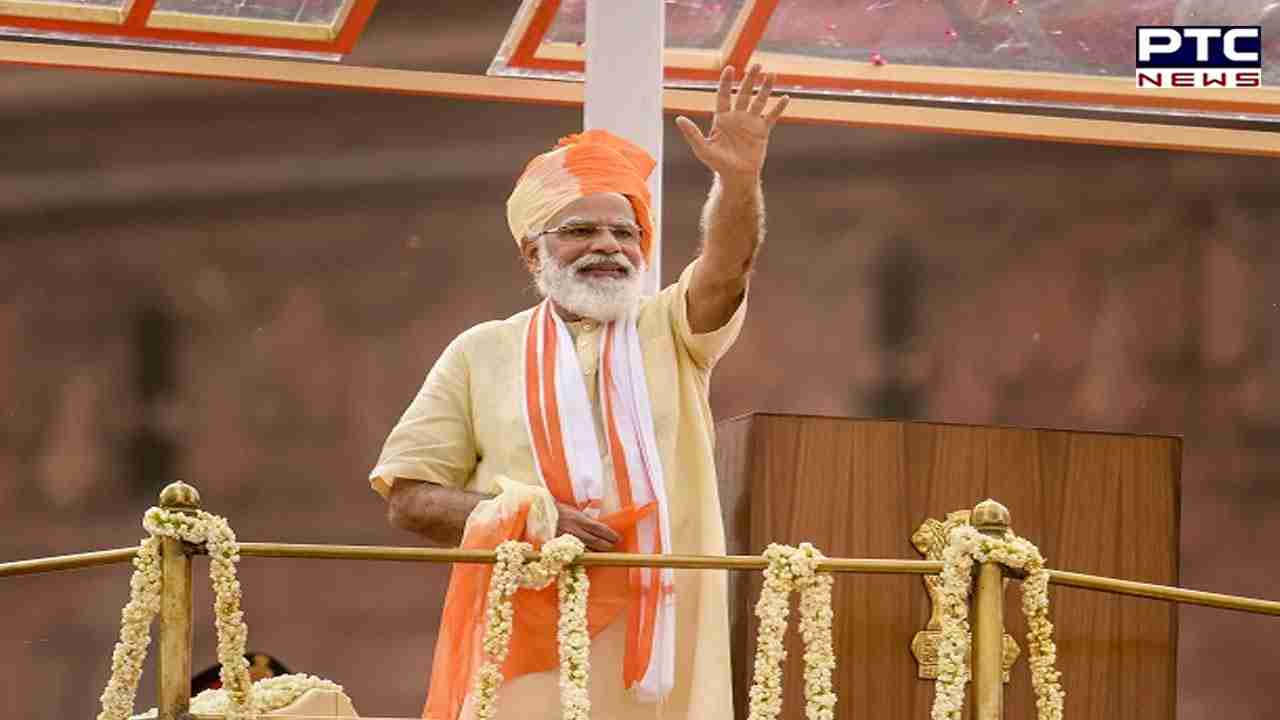Happy Independence Day : Why 15th August was chosen as India's Independence Day?
On July 4, 1947, the British Parliament's House of Commons approved the Indian Independence Bill
Independence Day 2023: India is on the brink of celebrating its 76th Independence Day, commemorating the heroic sacrifices of countless freedom fighters who paved the way for the nation's liberation from British colonial rule. As we approach this significant milestone, it's imperative to understand the story behind the selection of August 15 as the nation's day of freedom. Amidst the stirring struggle for independence, this date holds unique importance, and the reasoning behind its selection unveils a deeper historical context.
Seventy-five years ago, on August 15, 1947, India rejoiced as it unfurled the banner of independence. Yet, the question lingers: why did this particular date hold the honour of becoming the symbol of India's freedom? What factors led to the choice of August 15, and what made it stand out from the realm of possibilities?
 Amidst the escalating demand for freedom and a fervent struggle against colonial oppression, the British Parliament arrived at the crucial decision to grant India its liberation. Entrusted with this monumental responsibility was Louis Mountbatten, the last British governor-general of India. The Parliament's directive was to transfer power to India by June 30, 1948. However, Mountbatten took a step further and advanced the timeline, bestowing upon August 15, 1947, the distinction of India's Independence Day.
Amidst the escalating demand for freedom and a fervent struggle against colonial oppression, the British Parliament arrived at the crucial decision to grant India its liberation. Entrusted with this monumental responsibility was Louis Mountbatten, the last British governor-general of India. The Parliament's directive was to transfer power to India by June 30, 1948. However, Mountbatten took a step further and advanced the timeline, bestowing upon August 15, 1947, the distinction of India's Independence Day.
 Mountbatten's decision was supported by two significant rationales. Firstly, driven by the desire to ensure a transition free of bloodshed and violence, he found August 15 to be a fitting choice. Secondly, his selection of this date was underpinned by its historical significance — August 15 marked the second anniversary of Japan's surrender in World War II.
Mountbatten's decision was supported by two significant rationales. Firstly, driven by the desire to ensure a transition free of bloodshed and violence, he found August 15 to be a fitting choice. Secondly, his selection of this date was underpinned by its historical significance — August 15 marked the second anniversary of Japan's surrender in World War II.
 In his own words, captured in the pages of the book "Freedom at Midnight," Mountbatten explained, "The date I chose came out of the blue. I chose it in reply to a question. I was determined to show I was the master of the whole event. When they asked if we had set a date, I knew it had to be soon. I hadn't worked it out exactly then — I thought it had to be about August or September, and I then went out to August 15. Why? Because it was the second anniversary of Japan's surrender."
In his own words, captured in the pages of the book "Freedom at Midnight," Mountbatten explained, "The date I chose came out of the blue. I chose it in reply to a question. I was determined to show I was the master of the whole event. When they asked if we had set a date, I knew it had to be soon. I hadn't worked it out exactly then — I thought it had to be about August or September, and I then went out to August 15. Why? Because it was the second anniversary of Japan's surrender."
 Following Mountbatten's momentous decision, the Indian Independence Bill was ratified in the British Parliament's House of Commons on July 4, 1947. This landmark legislation not only signified India's emergence as an independent nation but also delineated the division of the region into India and Pakistan, marking a significant turning point in the subcontinent's history.
Following Mountbatten's momentous decision, the Indian Independence Bill was ratified in the British Parliament's House of Commons on July 4, 1947. This landmark legislation not only signified India's emergence as an independent nation but also delineated the division of the region into India and Pakistan, marking a significant turning point in the subcontinent's history.
As we stand on the cusp of celebrating India's 76th Independence Day, it's paramount to recognise the profound thought process that went into selecting August 15 as a beacon of liberty. This date is a testament to the convergence of historical events, strategic planning, and the spirit of freedom that continue to resonate with the nation's identity.
Also Read: PM Modi remembers people's suffering on 'Partition Horrors Remembrance Day'